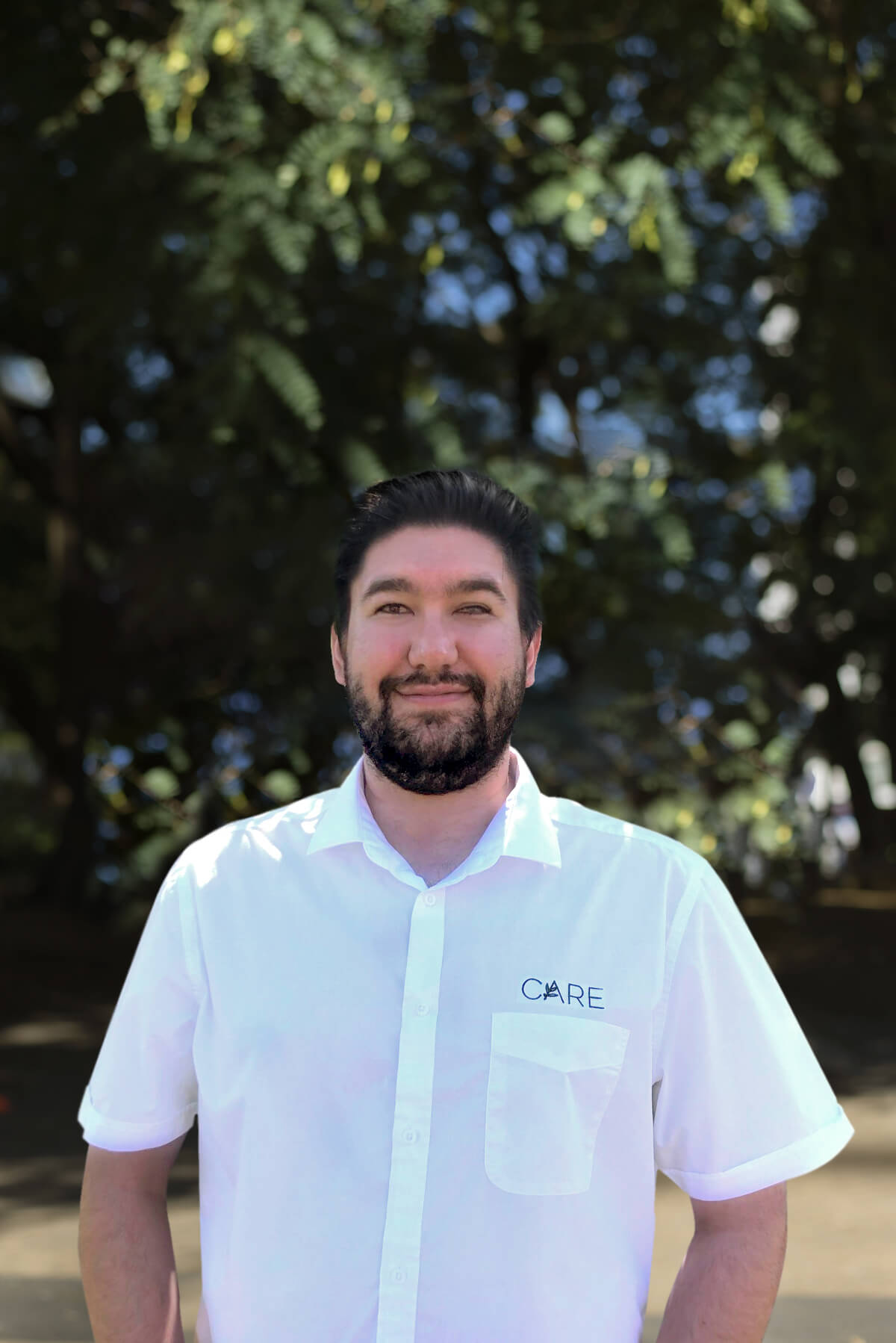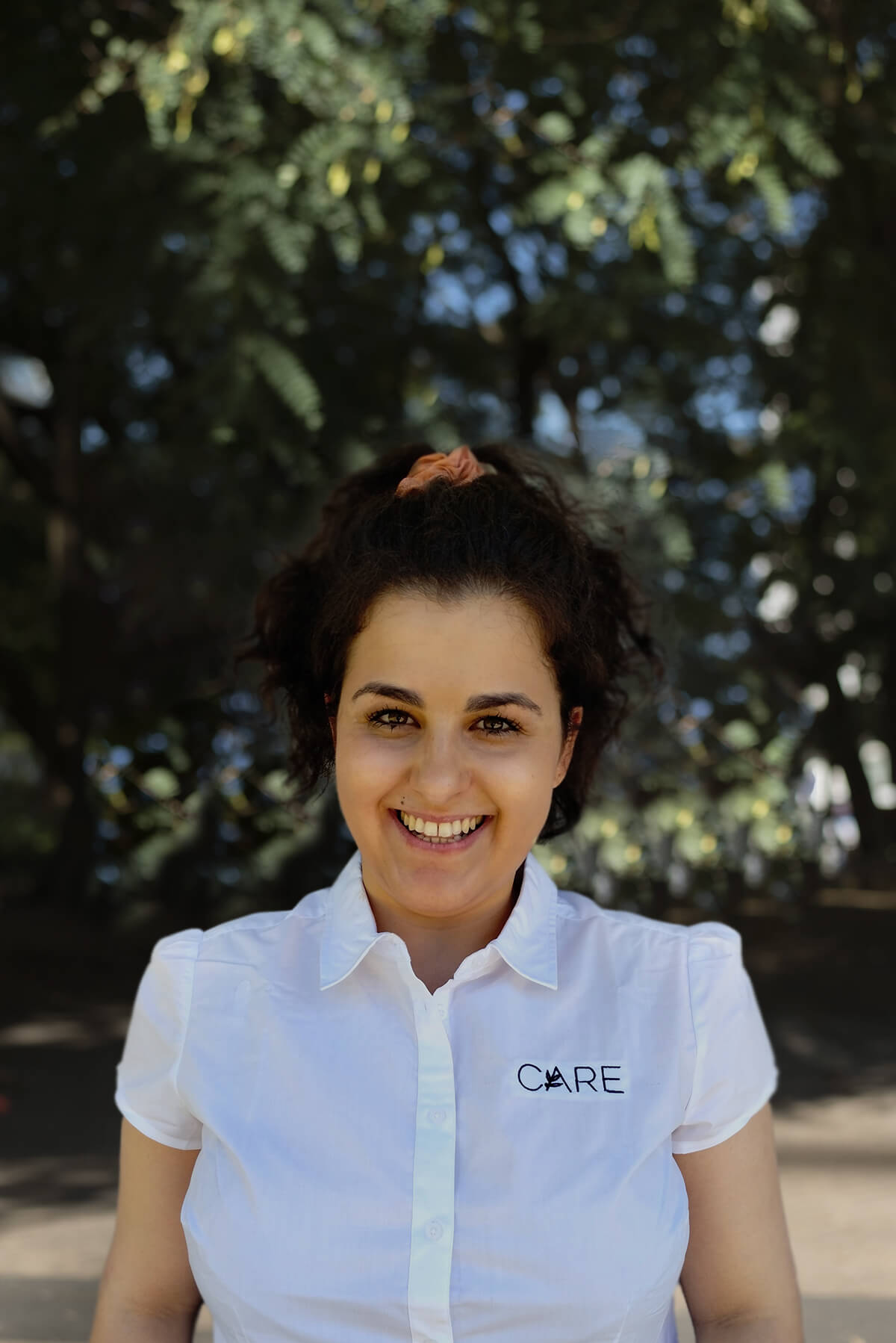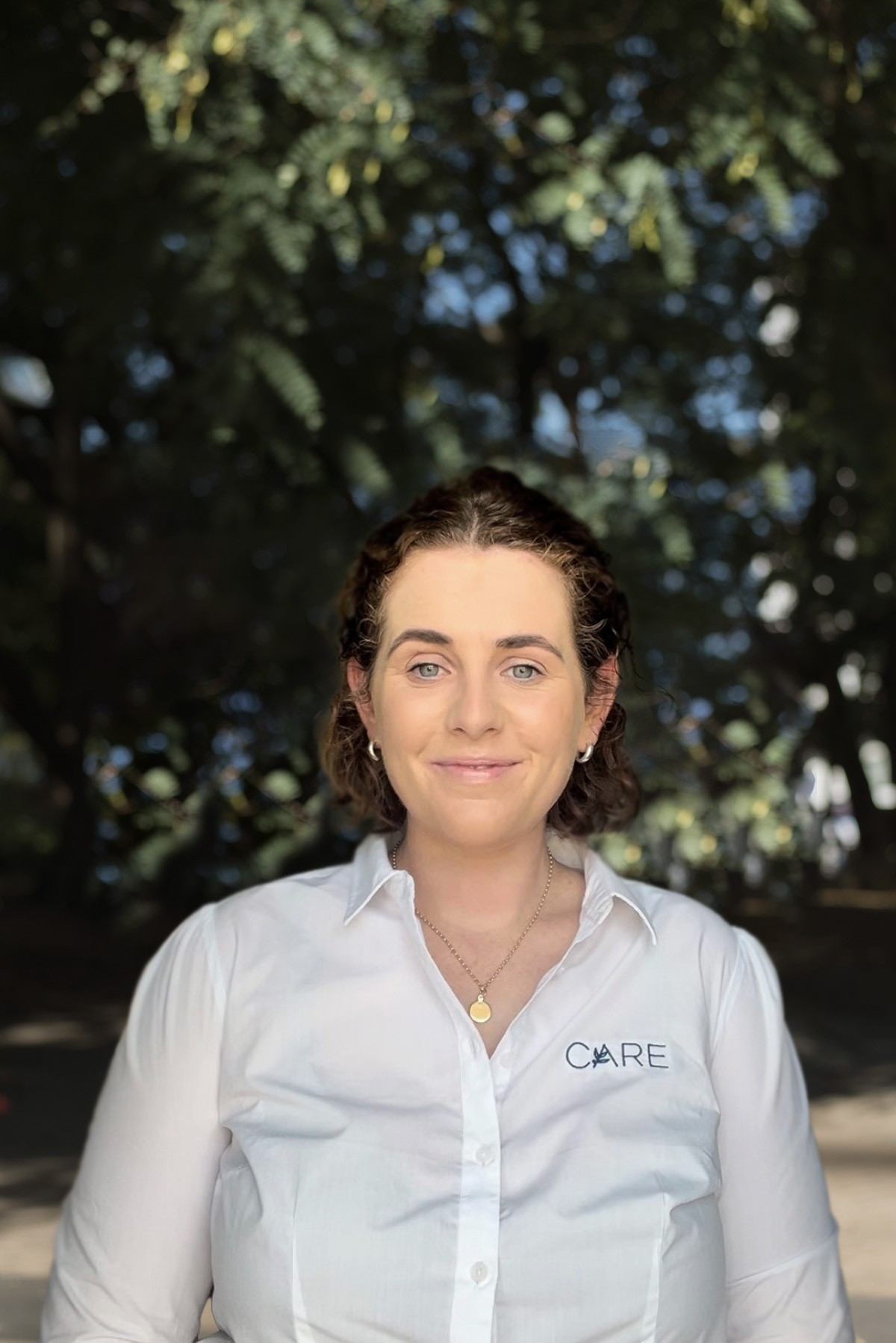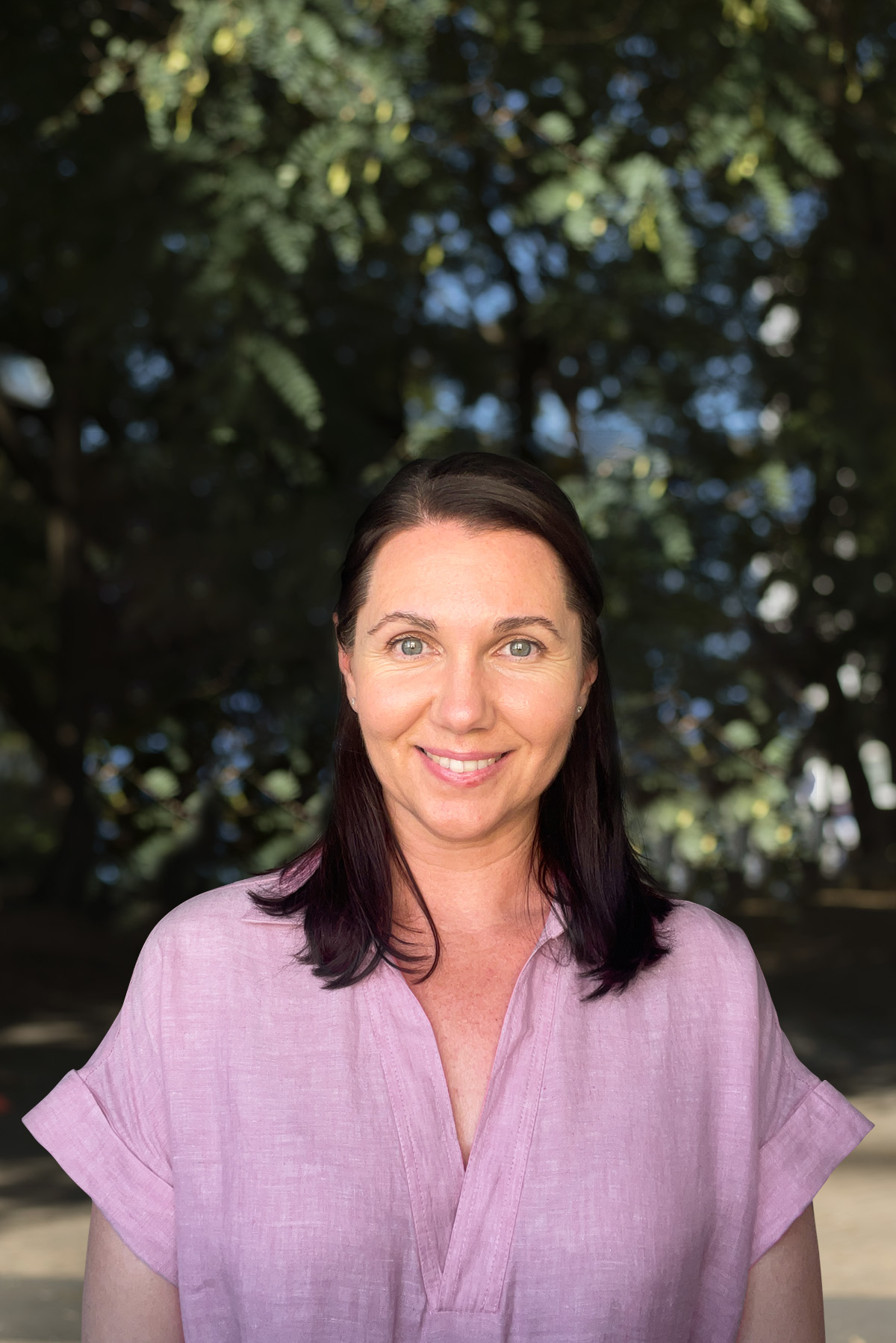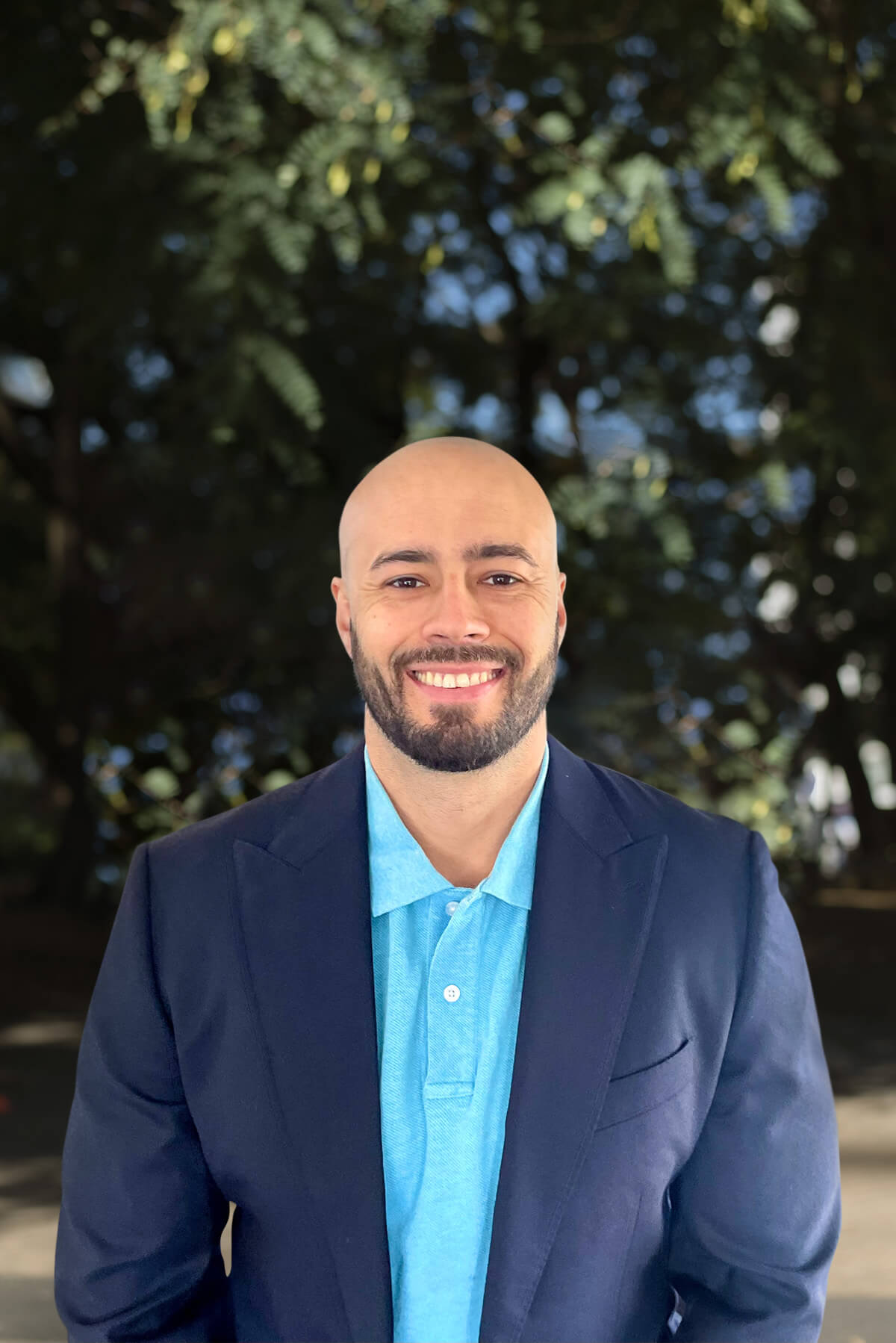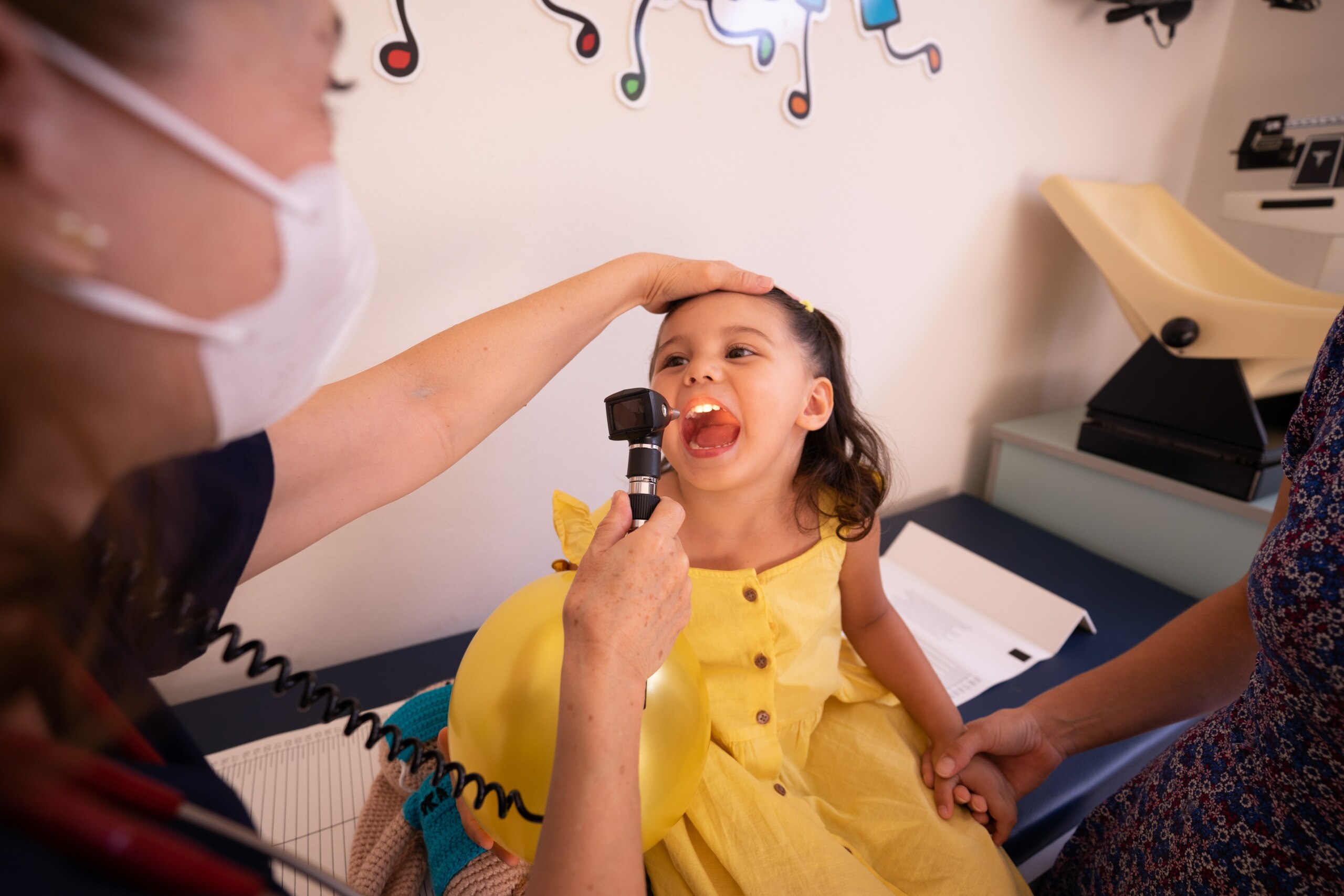Care Speech Pathology
Phonological Delay or Disorder
Phonological delay or disorder affects roughly 9% of children in Australia. If your child is identified as having a phonological delay or disorder, it is important to know you are not alone. Families all around the country are supporting a child with a phonological delay or disorder every day. The good news is, speech pathologists in Australia are specially trained to improve children’s speech by using evidence-based and intensive intervention.

At Care Speech Pathology, we know how to help.
You have probably noticed some of these signs if your child has a phonological delay or disorder. These might include some or several of the following:
Speech that is less clear than their peers
Using a limited number of sounds
Difficulty following directions
Difficulty joining sounds together
Speech that is difficult for unfamiliar listeners to understand
Feelings of frustration due to not being understood
Replacing certain sounds with others in their speech
Immature or young sounding speech (ie, errors continuing beyond the expected age)
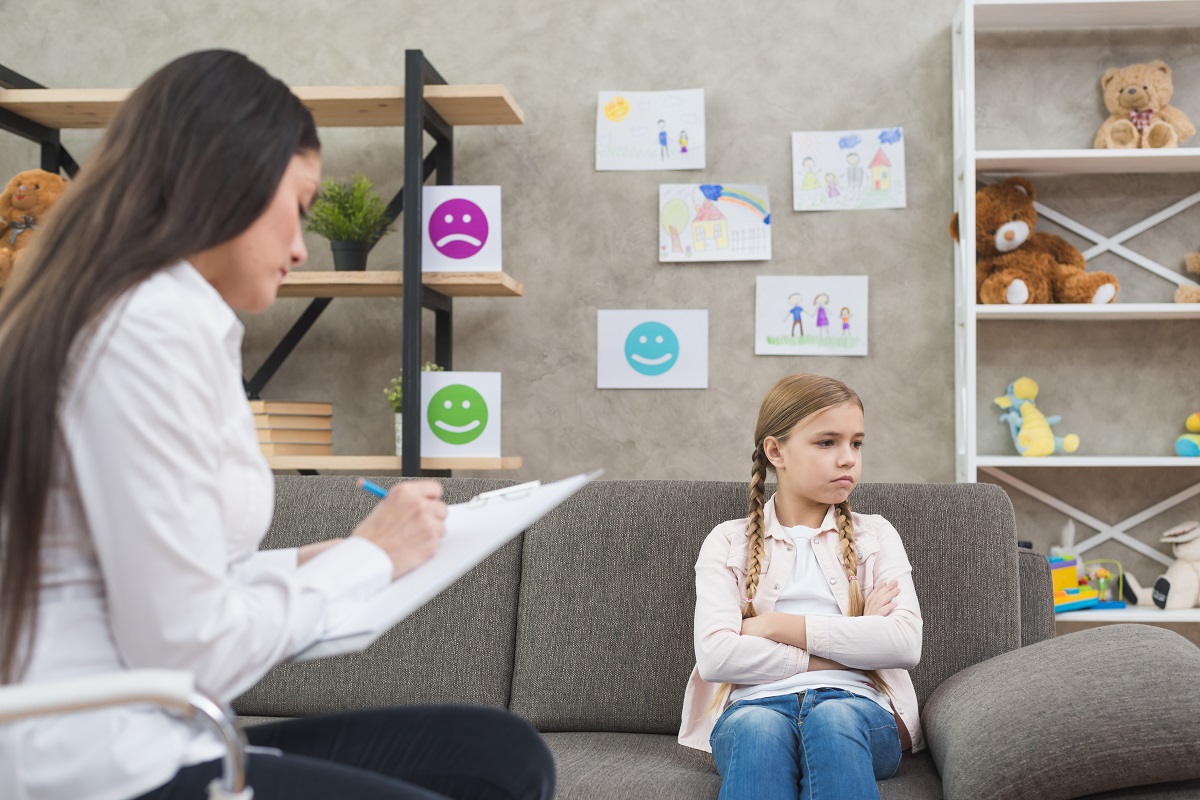
What is Phonological Delay Disorder?
Phonological delays and disorders occur as a result of slow or atypical speech sound development – in particular, the development of sound awareness. This includes both: (a) the ability to hear the difference between two sounds, and (b) the ability to pronounce different sounds correctly while speaking. For example, a child with a phonological disorder might not be aware that when they say ‘rail’ with a ‘w’ sound, they are actually making a brand new word with a different meaning (whale).
A phonological delay is a type of speech sound disorder where the child's speech follows the usual sequence of development, but at a slower pace. This means the child is making the same kinds of errors that younger children typically make, but at an age when most of their peers have already stopped making these errors. For instance, a seven-year-old might still be saying ‘bash’ instead of ‘splash’, whereas these errors are usually resolved in a child’s speech well before their fifth birthday.
A phonological disorder is a type of speech sound disorder where the child's speech errors are not consistent with what we would usually during typical speech development (i.e., they are making their own unique mistakes). A phonological disorder is considered more severe than a delay, and typically requires more intervention to correct. Many children with phonological disorders also have a phonological delay.
Children with phonological delay or disorder often have difficulty being understood by others. Despite these difficulties, these children will generally be able to understand what is said to them and have cognitive abilities that are typical for their age. They may become frustrated or embarrassed when they are not understood.
How can we help kids with phonological delay or disorder?
At Care Speech Pathology, our therapists play a crucial role in the assessment and treatment of phonological delay or disorder.
Step
We will start by completing a speech sound assessment to determine what errors are present in your child’s speech and whether your child has a phonological delay or disorder. Your child will be referred for a hearing test, if they haven’t had one recently, in order to rule out any hearing differences that could be impacting their ability to produce speech sounds accurately. We will generally assess your child’s oral structures (lips, tongue and palate, and their ability to move these to produce accurate speech sounds). Assessment may include standardised tests and informal assessments of speech samples.
Step
We can then plan individualised treatment for phonological delay or disorder based on your child’s specific strengths and needs. Treatment will use various strategies to address your child’s speech difficulties. Treatment will vary but will likely engage your child in awareness and contrast activities to boost and improve their speech sound development. Treatment may involve lots of repetition, modelling and feedback. We will monitor progress and adjust treatment as needed. We can cater intervention to your child’s interests and attention abilities.
Step
The speech pathologist will collaborate with parents/carers to provide activities that allow the child to practice between therapy sessions. Progress might be gradual but with early, evidence-based intervention, significant improvements can be made.
Remember: Daily practice is key to improving a child’s speech sound development and remediating a phonological delay/disorder. Parents will always be provided with homework to keep the momentum going at home, and to ensure that their child is exposed to multiple repetitions of the target sound throughout the week.

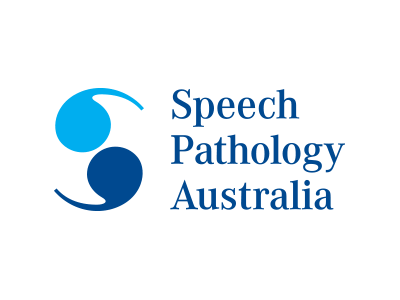
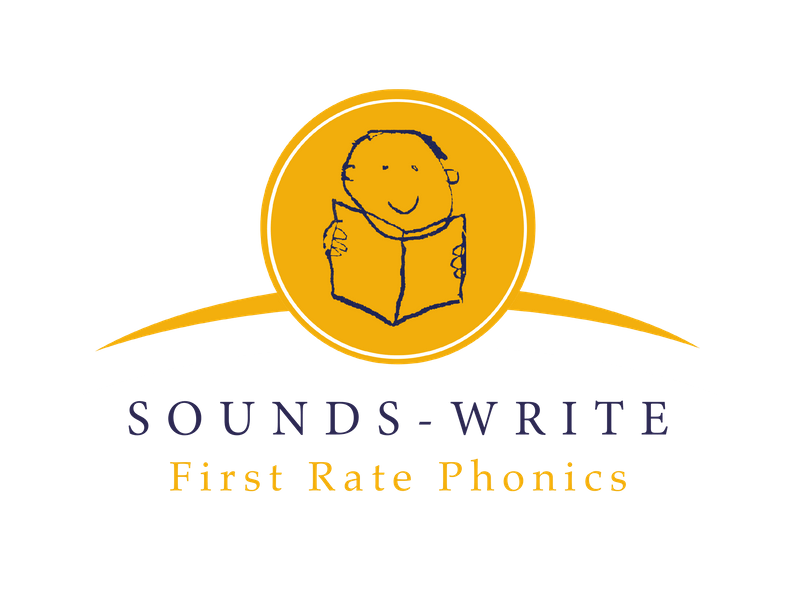



Meet Our Team
Nurturing Your Potential
Get to know our friendly and professional team of Speech Pathologists.
Book an appointment
Contact the Care Speech Team Today. Call 1300 086 280 or Leave Your Details Below.
We're super responsive
Subscribe
Subscribe to our emails for the latest articles and service information


